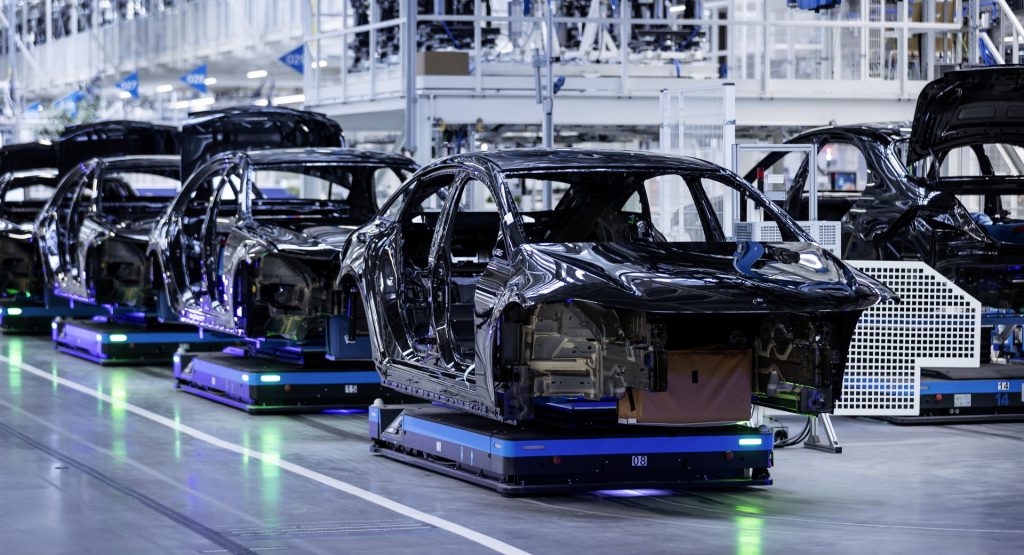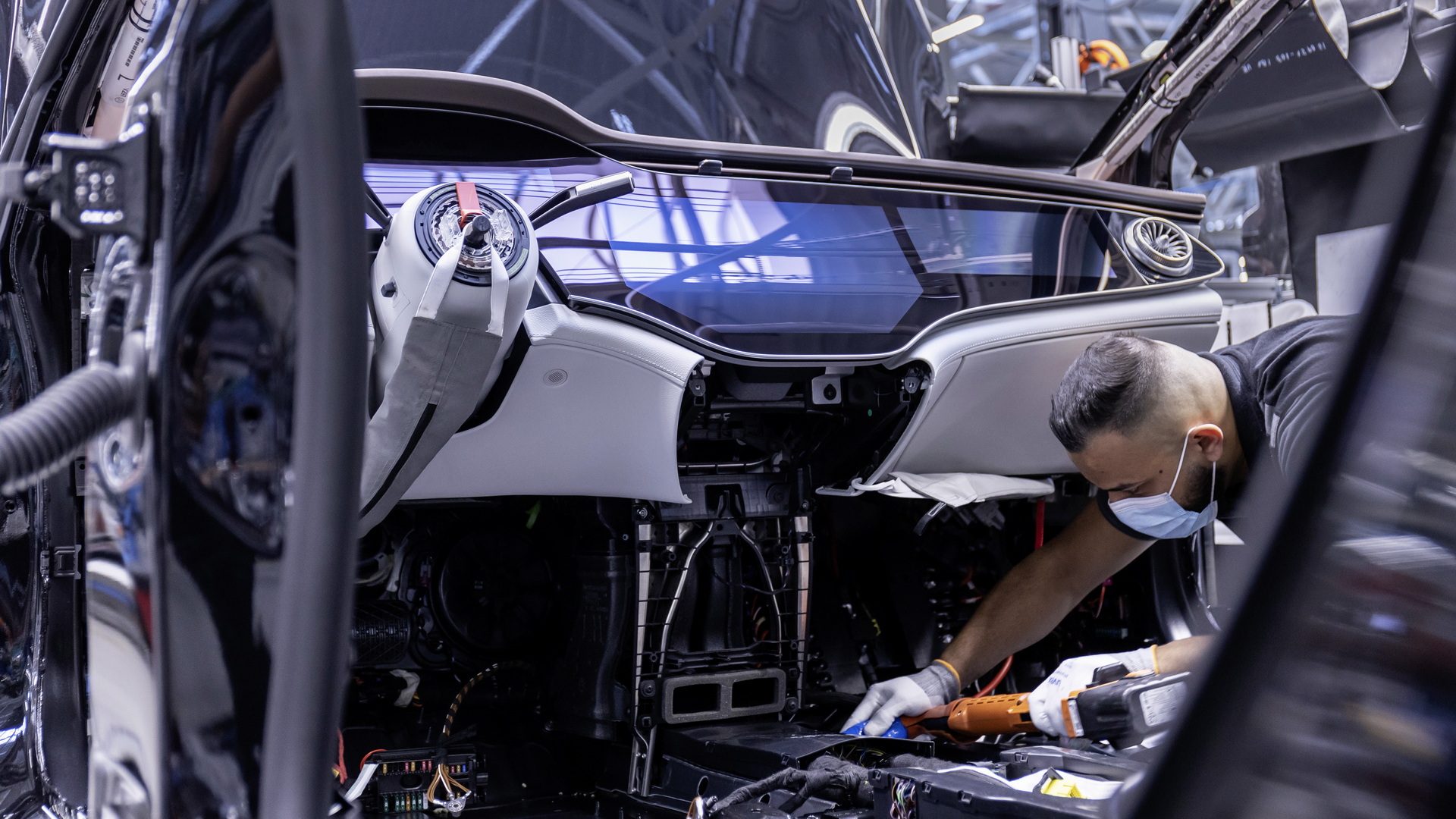The chief economist at investment fund ING Greater China, Iris Pang, predicts that automakers will have a new source for semiconductor chips that could help ease shortages in as little as a few weeks. Other industries may not be so lucky, though.
Pang spoke at the Reuters Global Markets Forum this week, arguing that manufacturers, which are mostly based in Taiwan, have boosted production in their factories in mainland China to help provide the automotive industry with a desperately needed supply of semiconductor chips.
“Taiwanese semiconductor companies are tailoring making chips for autos, so the chip shortage should be solved for autos in a few weeks, but other electronics’ chip shortage problem persists,” Pang said, specifying that the smartphone industry could be the next hit by chip shortages.
Read Also: Stellantis CEO Says Chip Shortage Will Easily Drag Into 2022
Semiconductor supplier company executives speaking at the same forum said that the wider chip shortage could last into mid-2022, which could be an optimistic estimate. Some suppliers are even looking at ways to recycle used chips to help ease the shortage further.
Despite continuing shortages in other industries, that’s a more optimistic outlook for the automotive market than most car manufacturers have expressed publicly. Earlier this month, BMW predicted that chip supply would stay “critical” for the rest of 2021.
Daimler, the owner of Mercedes, said yesterday that it believed the shortage could last until 2022. It’s a sentiment that was echoed by Stellantis CEO Carlos Tavares.
“The semiconductor crisis, from everything I see and I’m not sure I can see everything, is going to drag into ’22 easy because I don’t see enough signs that additional production from the Asian sourcing points is going to come to the West in the near future,” Tavares said.






